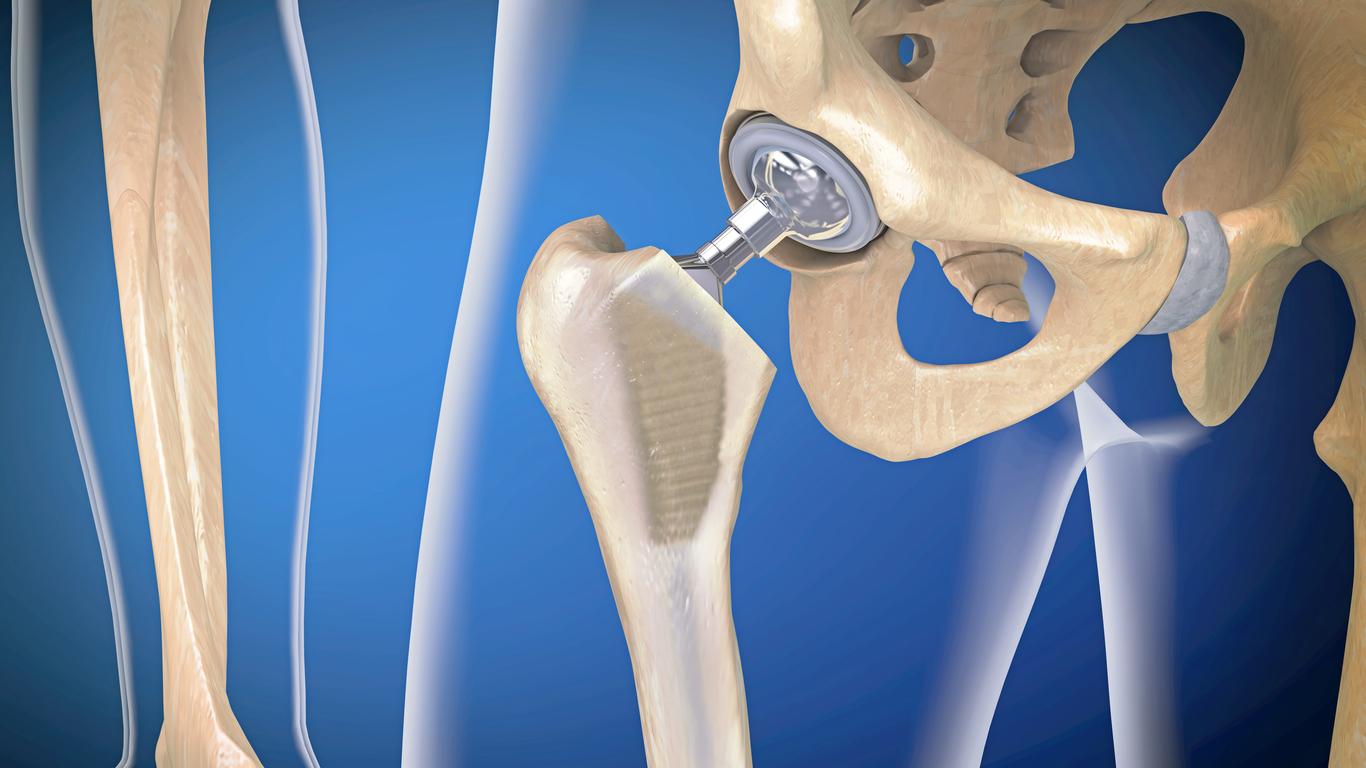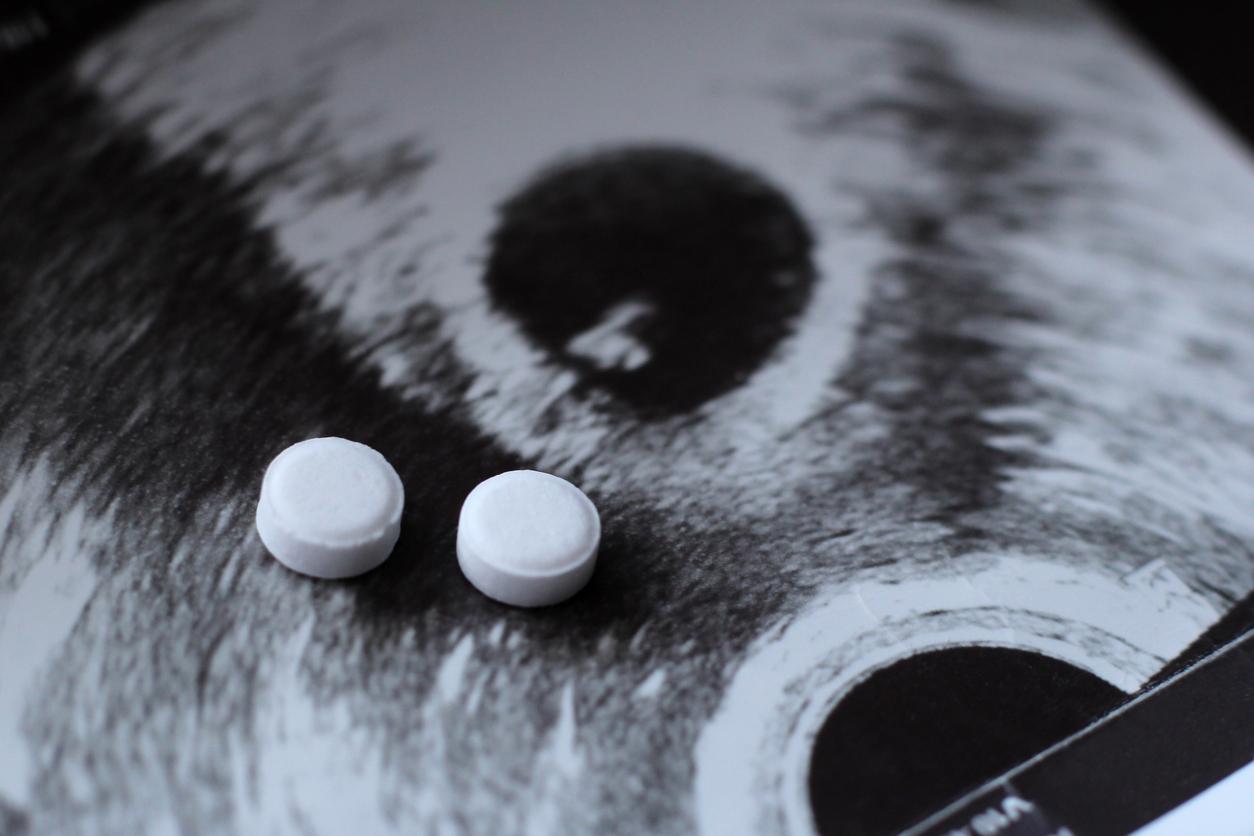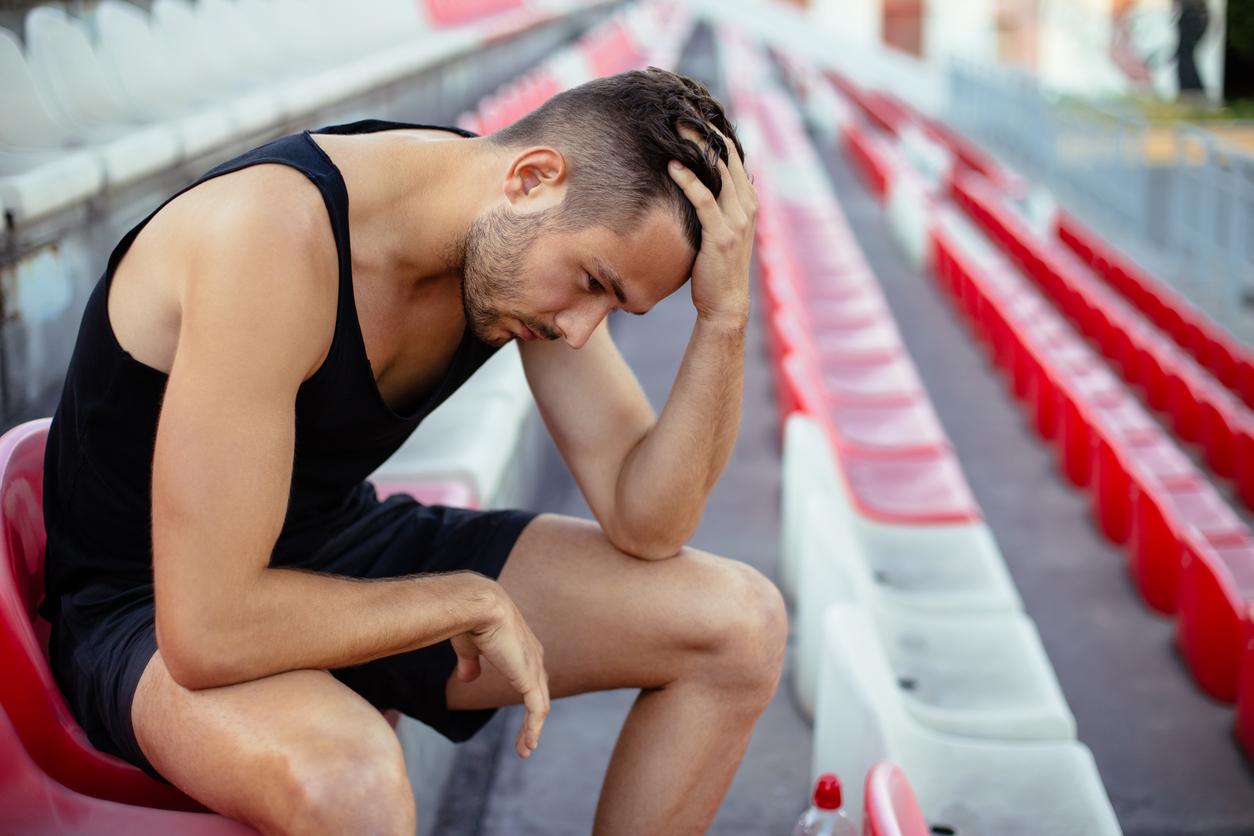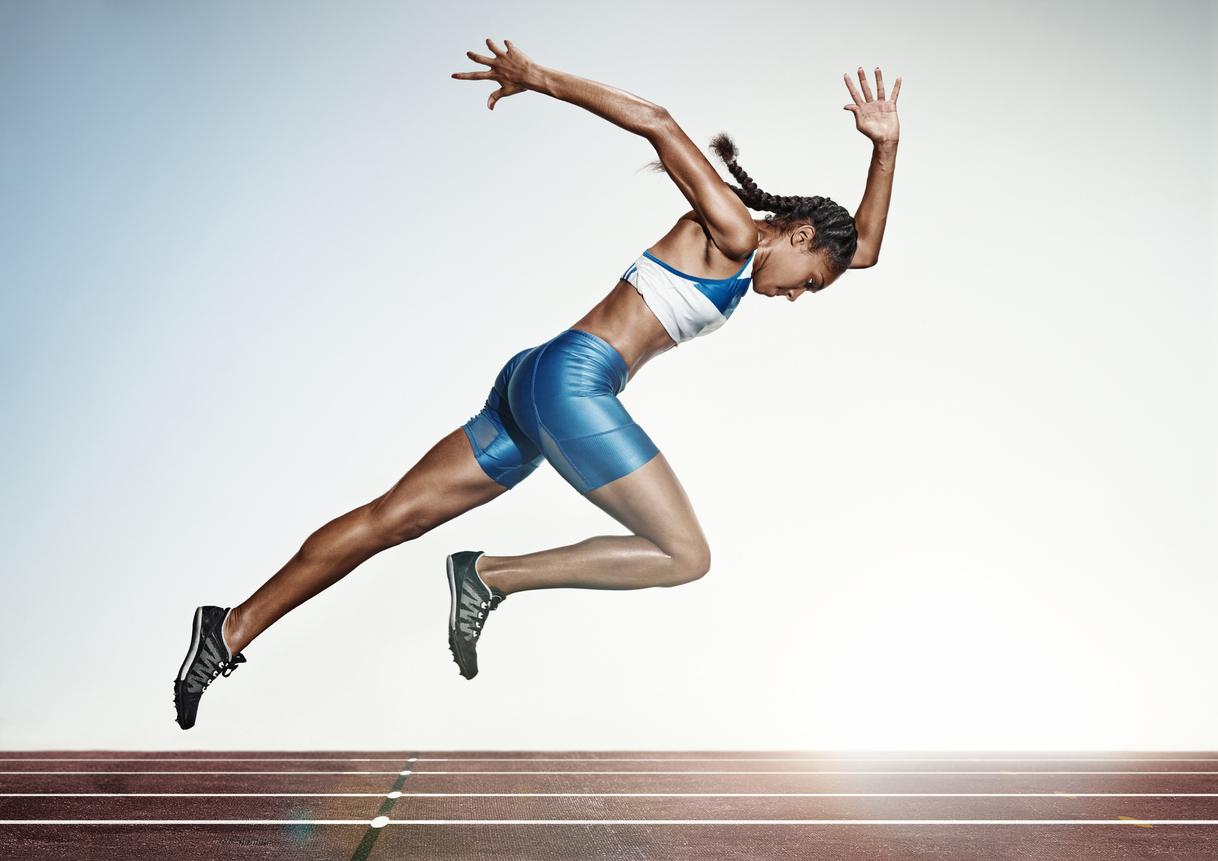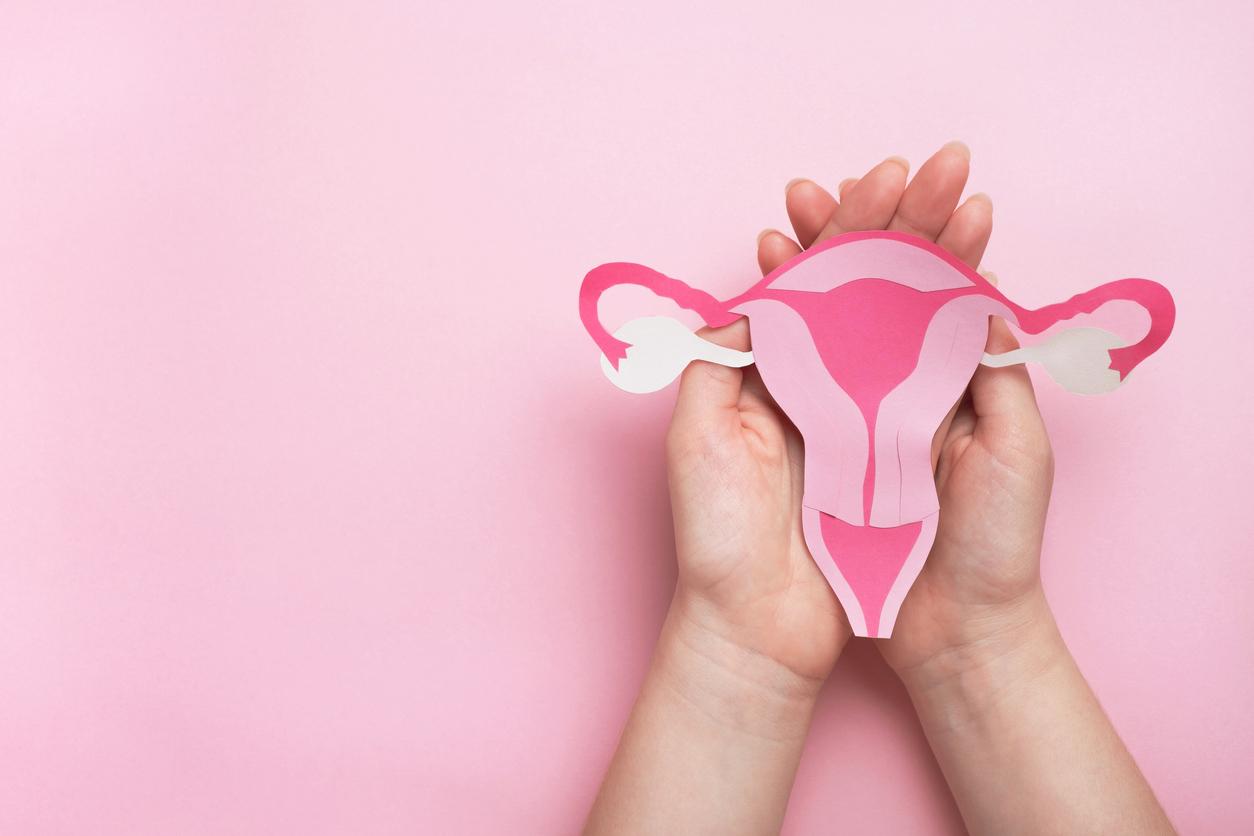Detailed at a press conference, a survey conducted among women’s rugby teams participating in the 2024 Olympic Games reveals important realities regarding the rules for athletes.

- Dr. Carole Maître, who is both a gynecologist and a sports physician at the National Institute of Sport, Expertise and Performance (INSEP), recounted the experience of high-level athletes during a press conference at the French learned society, the CNGOF.
- During awareness workshops on period pain, the first reaction of young women is often to declare: “It’s normal to have pain during your period,” says the gynecologist.
- According to the press kit “Break the rules!”: Studies have shown that 75% of sportswomen have premenstrual syndrome to varying degrees.
“75% of athletes surveyed had negative experiences related to their periods, explain Dr. Carole Maître, gynecologist and sports doctor at INSEP. For 20% of them, their periods were too heavy, while 44% experienced pain and discomfort that disrupted their training.”
Additionally, many have reported suffering from “premenstrual syndrome, including fatigue, lack of energy, bloating, weight gain and irritability, thus affecting their performance and well-being“. Only 54% of young women have discussed these problems with doctors.
A shift in awareness is underway
Traditionally, top athletes have avoided mentioning the potential impacts of their periods on their performance, but a shift in awareness is underway, as indicated by a study, still under embargo from the general public, on women’s rugby teams.
To better support sportswomen, “Awareness workshops were held in several CREPS between October 2022 and February 2024. These sessions covered various topics, including the management of heavy periods, menstrual pain, and strategies for managing premenstrual syndrome. Individual consultations are also available to meet the specific needs of athletes.”.
During the awareness workshops, young athletes learn to assess the abundance of their periods. They are asked to answer simple questions: How many days do your periods last? How many times a day do you change your protection? Do you feel tired or other signs of anemia, even mild ones?
If this assessment reveals that the athlete has heavy periods, a biological assessment is recommended, sometimes accompanied by a pelvic ultrasound to examine the uterine lining. A thick lining may indicate a hormonal imbalance, with relative hyperestrogenism and a progesterone deficiency compared to estrogen secretion. To correct this imbalance, hormonal treatments are often prescribed, such as progesterone during the second part of the cycle, administered over a period of 10 to 15 days. Sometimes, a medication may be added to limit menstrual bleeding. It is important to avoid certain contraceptives that can aggravate the volume of periods. In the case of anemia, iron supplementation is often necessary.
“45% of them consult a doctor to avoid having their periods.”
“Many young female athletes sometimes ask to delay their periods to avoid having them on the day of an important competition. Studies show that less than half of female athletes generally express this wish.“This need is particularly marked among those who practice aquatic activities, gymnastics and figure skating. For example, a survey conducted among young dancers at the Paris Opera revealed that nearly “45% of them consult a doctor to avoid having their periods during important performances“. To meet this demand, when the athlete takes an estrogen-progestin contraceptive, it is enough to recommend that she does not take the usual break between each pack and to take the pill continuously. If she does not use the pill, it is possible to extend her cycle by prescribing progesterone until the end of the performances.
RED-S syndrome
Missed periods are common among athletes and can cause serious problems. RED-S syndrome, caused by an imbalance between diet and training, causes periods to stop for several months. This affects muscles, increasing the risk of injury, and weakens bones, increasing the risk of fractures. Affected athletes, such as those in gymnastics or running, should be aware of these risks and consider treatment to restore their periods and protect their overall health.
Athletic performance may vary depending on the time of the menstrual cycle.
Estrogens, “Hormones that promote muscle gain during training fluctuate throughout the cycle. Their levels are lowest during menstruation and then increase afterward until ovulation, which can improve performance and build muscle more efficiently.“The impact of the cycle on performance is very individual: some women notice a difference, others don’t. For example, some sportswomen have won gold medals even while having their periods. In addition to awareness workshops, young sportswomen can now benefit from individual support through consultation or teleconsultation to answer their specific questions.”Women’s sports team doctors and coaches are better trained to address these issues, which encourages young athletes to talk about their problems and find appropriate solutions.”



